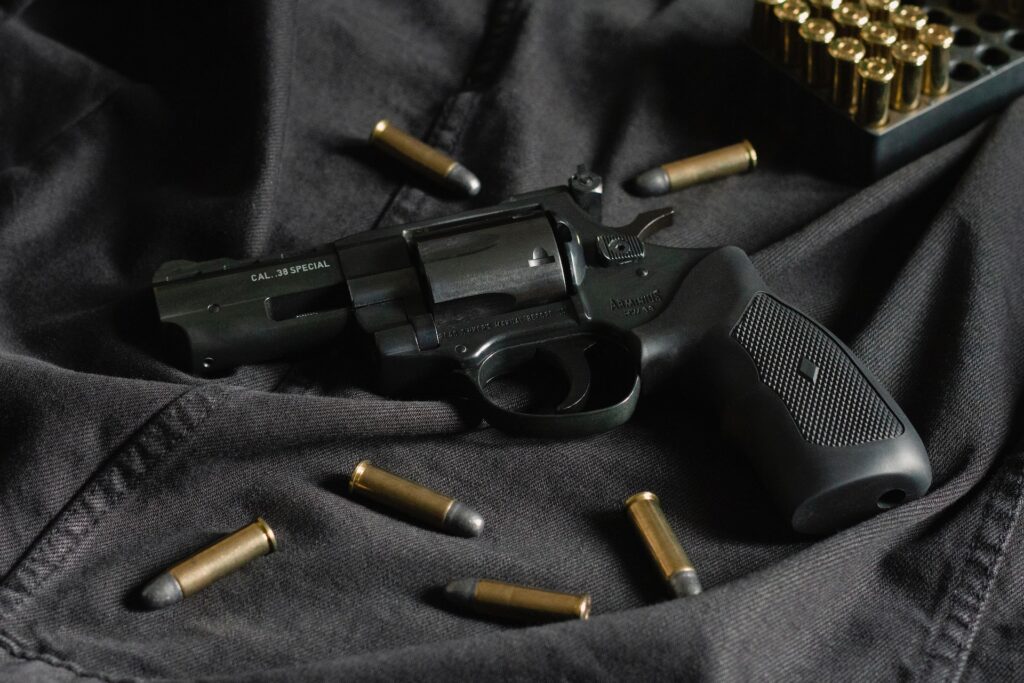
Different Types of Handgun Ammo
When buying handgun ammo, you should look for a caliber engraved on the firearm or written on the box. The caliber is also located on the bottom of each cartridge, which is marked with a headstamp. It is best to buy ammo stamped with a specific caliber on the bottom. There are many kinds of handgun ammo, and knowing which one to buy is essential.
Hollow-point Ammo
Regarding self-defense, a hollow-point handgun ammunition Charlotte may seem to be a good option. The advantages of hollow-point handgun ammunition include generating a fight-stopping result in a short time and minimizing the chance of misses or ricochets. Additionally, hollow-point ammo maximizes the energy needed to stop an attacker. While it is impossible to prove whether hollow-point handgun ammunition is more effective in real-world situations, many law enforcement officials use it to protect themselves from criminals.
Standard Ammo
While standard handgun ammunition provides enough lethality to defeat an enemy, it has limitations. To be effective, it must hit a vital organ, or touch the tissue, to be lethal. In addition, pistol fire is not nearly as accurate as rifle fire because the pistol’s short barrel and narrow sight radius mean that there are few points of body contact. While this makes handguns more convenient, they aren’t as effective as rifles.
Metal-jacketed Ammo
The full metal jacket bullet is made of a copper jacket and has an opening on its bottom. However, the military uses a more complicated process for producing FMJ ammunition. However, it doesn’t affect lethality. Full metal jacket bullets don’t expand upon impact with a target and are considered superior to hollow-point handgun ammunition. They are also cheaper than their full-metal jacket counterparts. As a result, they are preferred for target shooting.
Brass-cased Ammo
Aluminum is softer and more malleable than brass, making it more prone to cracking and warping. Brass, on the other hand, is more durable and can withstand much more pressure than aluminum. So while some people may prefer the benefits of aluminum, others will find that brass is much more reliable. And even though they may not last as long as brass, you can still get good savings by switching to brass ammo.
While brass is more expensive than other metals, handgun enthusiasts who want to use their handguns for target shooting can save money using other metals. The difference will be negligible for plinking if you use brass-cased handgun ammunition for home defense. But this price difference might be significant if you’re considering buying brass-cased handgun ammunition for many shots.
Steel-cased Ammo
When you’re buying handgun ammo for your handgun, you’re probably wondering whether or not you should purchase steel-cased ammo. There are a few pros and cons to steel-cased ammo. They’re not as expensive but require more cleaning and maintenance. However, the benefits are many, and the price is worth the added hassle.
First of all, steel cases are not easy to reload. They expand and stay expanded, making them difficult to remove. They can only be used two or three times before they need to be recycled. If you use steel-cased handgun ammunition, you should always clean the chamber after each use.
Aluminum-cased Ammo
One of the benefits of aluminum-cased handgun ammunition is that it does not damage steel parts in the gun. Aluminum is soft enough for bullets to eject from a firearm without damaging the weapon. The hardness of aluminum is measured on the Brinell Hardness Scale. Stainless steel has a Brinell Hardness Number of 200, whereas aluminum has a Brinell Hardness Number of 15 – about one hundred and forty times lower.
Aluminum cases have a much lower melting point than brass or steel. As a result, they do not maintain the strength of other materials. Because of this, they are also brittle, making them unreliable for long-term carrying. Nevertheless, these advantages outweigh the disadvantages of aluminum-cased handgun ammunition. In addition, aluminum-cased handgun ammunition is less expensive than brass-cased cartridges.
